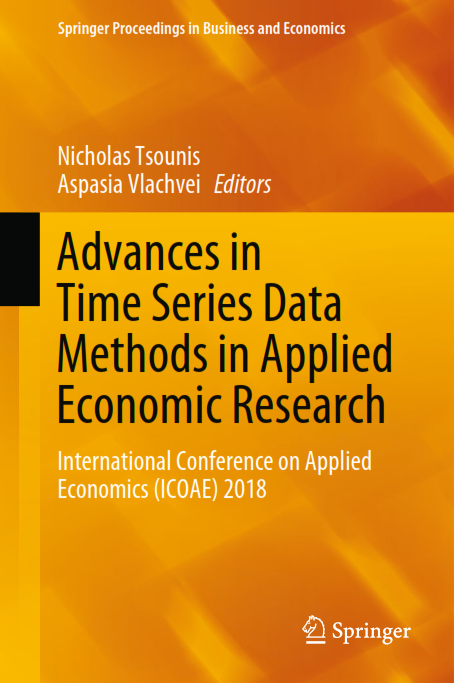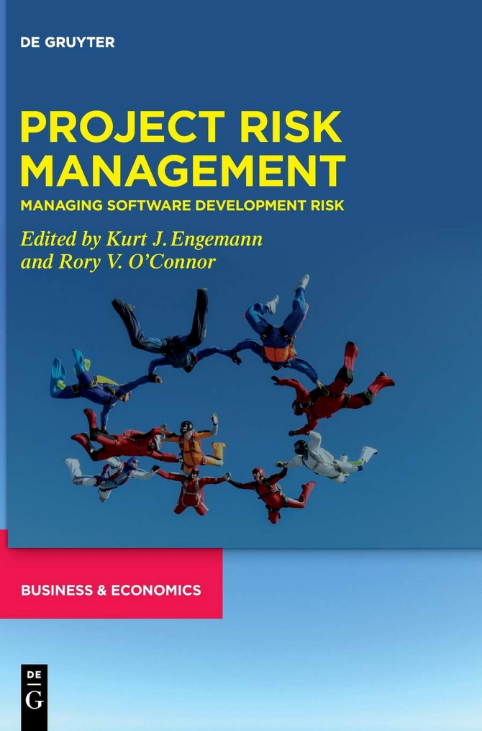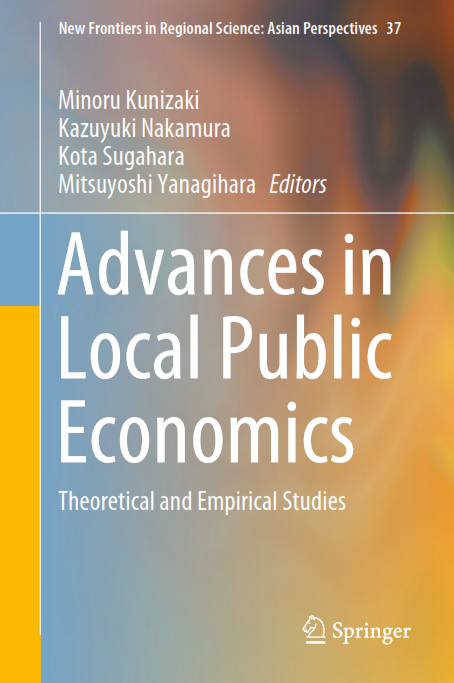
Advances in Time Series Data Methods in Applied Economic Research
Abstract South African organisations often focus on financial targets instead of building relationships with stakeholders in their operating environments (Verwey and Muir in Communication and media ethics in South Africa. JUTA & Company, Cape Town, pp. 210–229, 2011: 212). The political, economic and socio-economic circumstances within the country and increased demands from different stake- holders with their own specific interests, have created an unpredictable and volatile environment in which organisations have to function (Nasrullah and Rahim in CSR, sustainability, ethics & governance. Springer, Cham, 2014: 41). This volatility, along with mounting social pressure, means that no organisation can function in isolation. Implementing Corporate Social Responsibility (CSR) activities only for reputational benefit results in a “check-the-box” approach to CSR which is unsustainable over time. In order to address the unsustainable nature of CSR practices in South Africa, this paper proposes an adaptation of the DNA of CSR 2.0 model previously developed by Visser (CSR 2.0 transforming corporate sustain- ability and responsibility. Springer, London, 2014: 1). Limitations are addressed with regard to the South African business context, and recommendations are made to address the remaining limitations of this model.
Other Books From - Economics
Back


 Project Risk Management – Managing Software Development Risk
Project Risk Management – Managing Software Development Risk  Advances in Local Public Economics
Advances in Local Public Economics 